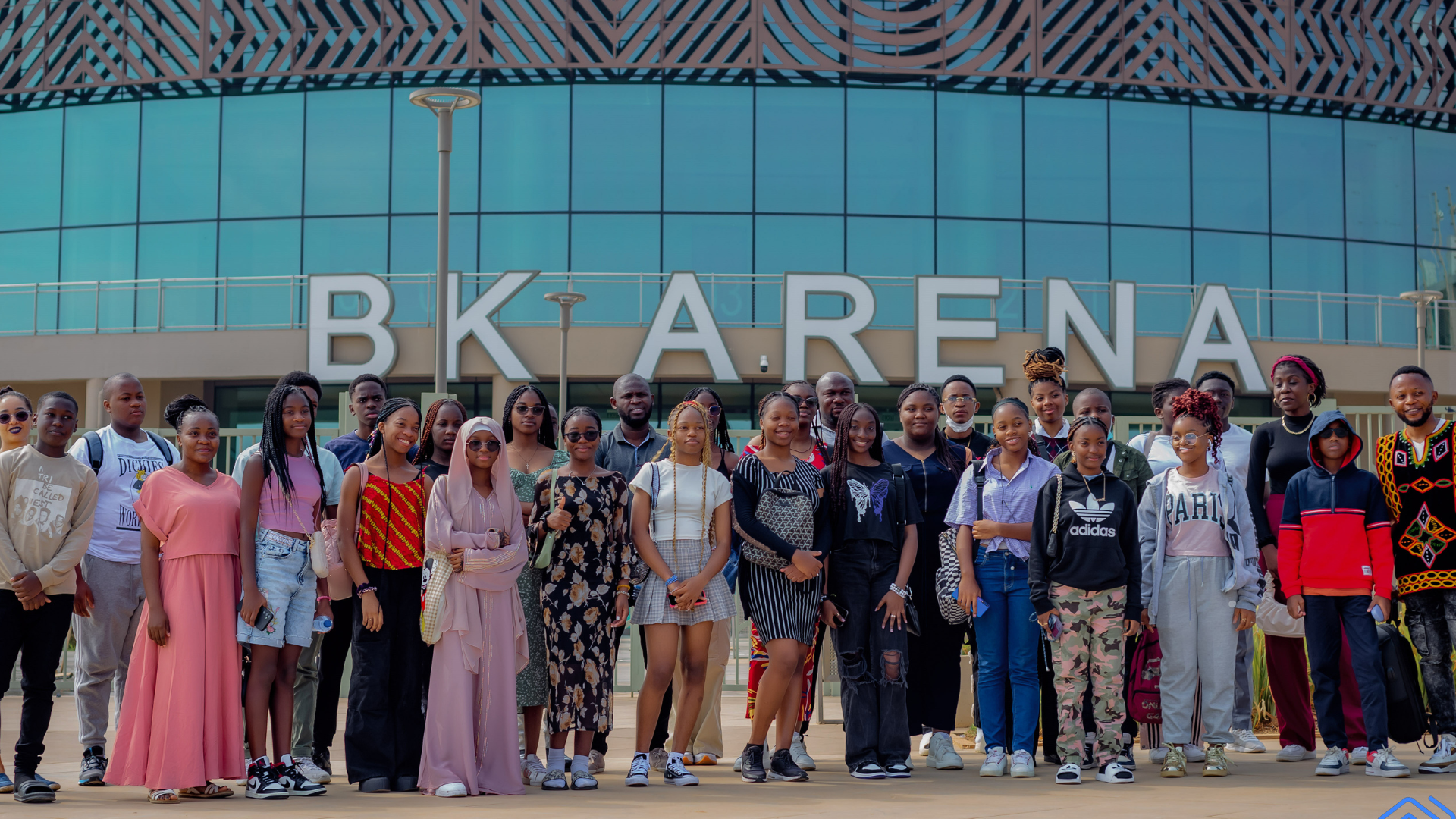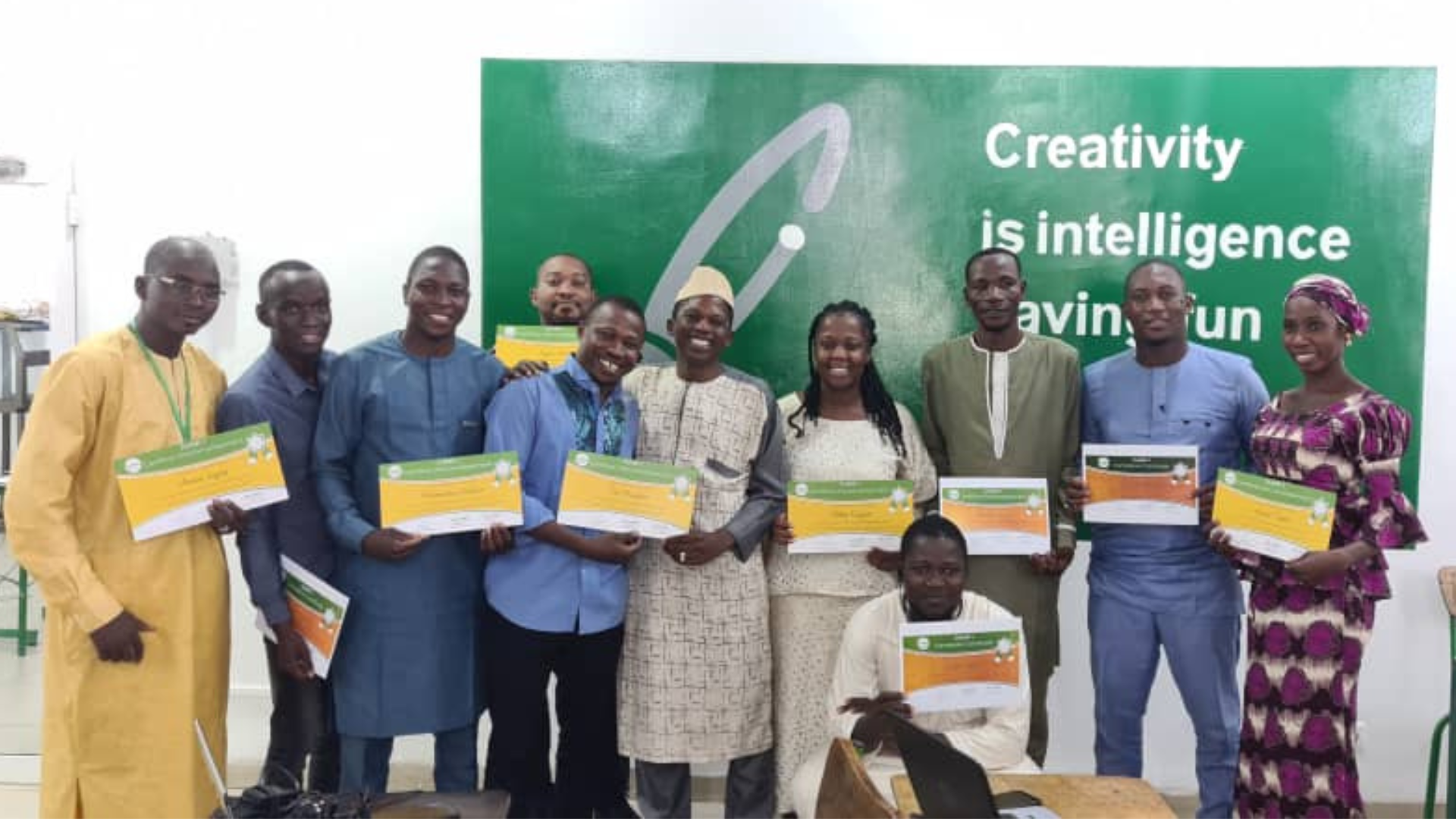The must-reads in African literature
African literature is full of captivating stories, poems and plays written by African authors that reflect the diverse cultures, traditions, and histories of the African continent. As a student, reading these books can help you better understand your African roots – which is one of the pillars of Enko Education – and the unique experiences of the African people. Plus, it’s a fantastic way for you to broaden your horizons and develop cultural-awareness. So, let’s dive into this exciting literary journey with a list of must-read contemporary, classic, francophone, and anglophone African books for young african students!
Contemporary African Literature
- Americanah (2013) by Chimamanda Ngozi Adichie (Nigeria): Meet Ifemelu, a young Nigerian woman who moves to the United States and experiences the challenges of race, identity, and love. This fascinating novel will take you on a journey across three continents as it explores modern African identity.
- Half of a Yellow Sun (2006) by Chimamanda Ngozi Adichie (Nigeria): Travel back in time to the Biafran War and follow the lives of five individuals caught in the chaos. This powerful novel will open your eyes to the impact of war on ordinary people and their struggle for self-determination in Nigeria.
- Homegoing (2016) by Yaa Gyasi (Ghana): Get ready for an epic adventure that follows the descendants of two half-sisters from Ghana over several generations. This book brilliantly explores the effects of slavery and colonialism on African families as the story unfolds between West Africa and the United States.
- The Fishermen (2015) by Chigozie Obioma (Nigeria): In this heartbreaking tale, four brothers in a small Nigerian town have their lives turned upside down by a local madman’s prophecy. The novel delves into themes of family, fate, and the power of belief.
- Stay with Me (2017) by Ayọ̀bámi Adébáyọ̀ (Nigeria): Set in Nigeria during the 1980s, this novel tells the story of a couple struggling with infertility and societal expectations. Discover the complexities of marriage, love, and the lengths people will go to have a family.
Classic African Literature
- Things Fall Apart (1958) by Chinua Achebe (Nigeria): Often considered the cornerstone of African literature, this novel introduces you to Okonkwo, an Igbo leader, as he grapples with the arrival of British colonialists. Experience the clash of cultures and the disintegration of traditional African societies in pre-colonial Nigeria.
- Une si longue lettre (1980) by Mariama Bâ (Senegal): This heartfelt story of friendship, love, and betrayal offers a glimpse into the lives of two Senegalese women. Written as a series of letters from a widowed woman to her best friend, the book explores themes of gender, tradition, and modernity in post-colonial Africa.
- A Grain of Wheat (1967) by Ngũgĩ wa Thiong’o (Kenya): Set during Kenya’s struggle for independence in the 1950s, this novel explores the personal and political turmoil faced by a group of villagers. Join them as they navigate the complexities of loyalty, betrayal, and the quest for freedom.
- Les bouts de Bois de Dieu (1960) by Ousmane Sembène (Senegal): This novel takes you to a railway strike in colonial Senegal and Mali, where you’ll explore themes of labor rights, colonialism, and the struggle for independence. Witness the importance of collective action and solidarity in the face of oppression.
- Cry, the Beloved Country (1948) by Alan Paton (South Africa): Set in South Africa during the era of apartheid, this novel follows a black country priest searching for his son in Johannesburg. The book delves into themes of race, injustice, and the possibility of reconciliation in a deeply divided society.
Francophone African Literature
- L’Enfant Noir (1953) by Camara Laye (Guinea): This autobiographical novel tells the story of a young boy’s childhood in Guinea and his journey to France for education where he faces many challenges related to identity, nostalgia, and adapting to a new culture.
- Une Vie de Boy (1956) by Ferdinand Oyono (Cameroon): Set in colonial Cameroon, this satirical novel provides a stark portrayal of the abuse and indignity suffered by Africans under French rule. Follow the life of a young African houseboy working for a French colonial administrator.
- Les Soleils des indépendances (1968) by Ahmadou Kourouma (Ivory Coast): This novel tells the story of a man struggling to navigate the complex political landscape of post-independence Africa. Explore themes of power, corruption, and the challenges of nation-building.
- La Vie et demie (1979) by Sony Labou Tansi (Congo): Set in a fictional African dictatorship, this novel follows the life of a persecuted family as they struggle to survive in a brutal regime. Discover themes of political oppression, resistance, and the human spirit.
- La saison de l’ombre (2013) by Léonora Miano (Cameroon): This novel takes place in a pre-colonial African village devastated by the slave trade. Delve into themes of loss, resilience, and the search for identity in the face of unimaginable suffering.
Anglophone African Literature
- Purple Hibiscus (2003) by Chimamanda Ngozi Adichie (Nigeria): Set in post-colonial Nigeria, this coming-of-age story follows a young girl’s struggle for freedom and self-discovery. Explore themes of family, religion, and the search for identity.
- No Longer at Ease (1960) by Chinua Achebe (Nigeria): This novel explores the challenges faced by a young Nigerian man as he navigates the complexities of British colonialism and traditional African society. Delve into themes of corruption, moral ambiguity, and the struggle for self-determination.
- Our Sister Killjoy (1977) by Ama Ata Aidoo (Ghana): This novel follows a young Ghanaian woman’s journey through Europe and her experiences with racism, colonialism, and identity. Experience a powerful exploration of the African diaspora and the challenges faced by those living in a foreign culture.
- The Beautyful Ones Are Not Yet Born (1968) by Ayi Kwei Armah (Ghana): Set in post-independence Ghana, this novel tells the story of a railway worker struggling to navigate the corrupt and disillusioning world around him. Discover themes of disillusionment, morality, and the search for integrity in a broken society.
- Death and the King’s Horseman (1975) by Wole Soyinka (Nigeria): This play, based on a real event in Nigerian history, explores themes of cultural conflict, duty, and the clash of traditional and modern values. Witness the events leading up to a ritual suicide and the resulting confrontation between British colonial authorities and the local Yoruba community.
African literature is an incredible collection of stories that can teach you so much about the complexities and beauty of the African experience. Whether contemporary or classic, francophone or anglophone, these must-read books offer a captivating journey through African history, culture, and identity. As a high school student, engaging with these works can help you develop cultural awareness, making you a more well-rounded individual.






